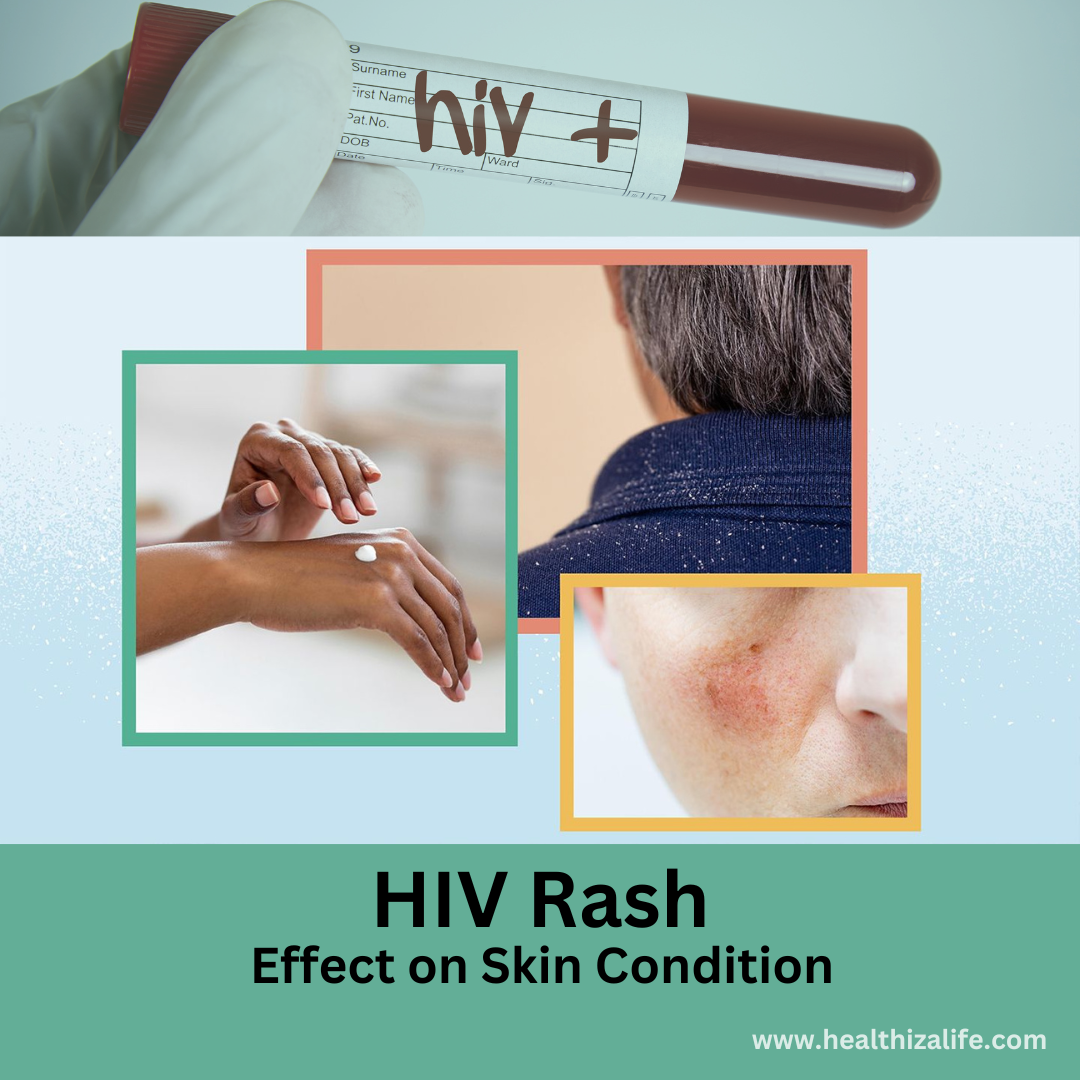A Long and Healthy Life with HIV
Staying Healthy with HIV
It’s essential to take good care of yourself for a long and healthy life with HIV. This includes a healthy diet, exercise, having a strong social network, and stress management. The quality of life and survival rates of HIV-positive individuals both depend on receiving proper treatment. Early treatment for HIV has now made the life expectancy of persons with the virus comparable to that of those without.
Individuals who are HIV positive lead active, productive lives. It is possible to get your viral load down to an undetectable level with the advancements in HIV medications. HIV cannot infect someone else while it is undetectable. HIV can be prevented from developing into AIDS with the correct care and treatment.
Tips for Healthy Life with HIV
Maintaining your antiretroviral therapy (ART) program is essential for your overall health. Other healthy behaviors are also important. Maintaining a healthy lifestyle can boost your mood and energy levels and help you adhere to your treatment plan. Moreover, it might assist in controlling any adverse effects of ART.
Another important aspect of your health is having a strong support system. It has been demonstrated that social connection enhances general health. Additional research indicates that taking ART more consistently is linked to having more social support.
The Following Tips Can Help You Feel Your Best
Get Medical Care:
It is best to begin Antiretroviral Therapy (ART) as soon as possible. Maintaining ART is important. Talk to your healthcare provider if you’re experiencing any problems with your ART plan.
Weight Loss:
HIV can cause unintentional weight loss. Foods high in calories and protein may assist you in gaining and maintaining a healthy weight. Naturally, avoid eating anything to which you are allergic, and consult your doctor before making any dietary changes.
Consume a Healthy Diet:
You might have more energy and feel better overall with a balanced diet. To ensure you are getting the nutrients you require, eat a variety of foods on a regular schedule.
Engage in Regular Exercise:
You can enhance your health and reduce stress by exercising. Make your workouts enjoyable and try to incorporate a range of cardio, strength, balance, and flexibility exercises.
Water Safety:
HIV-positive individuals should stay away from unfiltered water since it may contain germs, viruses, and parasites. Lakes, rivers, and streams should never be used as sources of drinking water. Drink only water from a sealed bottle and stay away from ice if you’re visiting a location where the water quality isn’t assured.
Control Stress:
Taking care of your general health is simpler when your mental health is strong. Use stress-reduction techniques, and get in touch with a mental health expert if you require more assistance.
Establish Connections with Others:
Having a supportive and robust support system can improve your mental well-being. If you want to widen your social circle, think about joining a team or club.
Get the Necessary Immunizations:
Vaccines work to prevent disease by strengthening your body’s defenses against certain illnesses. Find out from your medical practitioner which vaccinations you require.
Don’t smoke:
One of the risk factors for various chronic illnesses is smoking. If you smoke, you should think about using medicine or counseling to help you reduce or stop.
Limit Alcohol Consumption:
Drinking alcohol may weaken your immune system and increase your vulnerability to disease. Ask for assistance if you’re worried about your drinking.
Take Enough Rest:
It’s beneficial for your health and immune system to get adequate decent sleep. In case you’re experiencing difficulties falling asleep, create a sleep schedule and employ relaxation techniques.
The Conclusion
Due to recent improvements in treatment, people are experiencing long and healthy lives with HIV. The number of new HIV infections is also declining because of better treatment and preventive strategies.
To increase access to HIV prevention, diagnostic, and treatment services, more effort needs to be made. It is estimated that 13% of HIV-positive individuals are unaware that they carry the virus.
In addition to testing potential cures, researchers are still working on developing new medicines for HIV.




